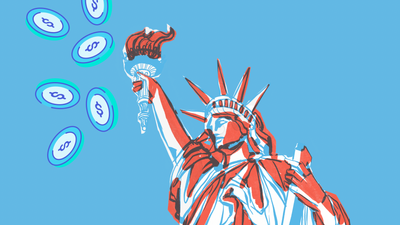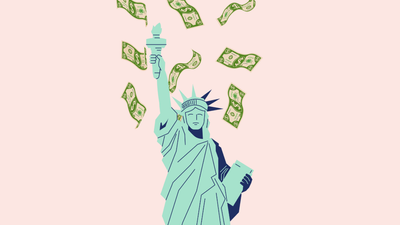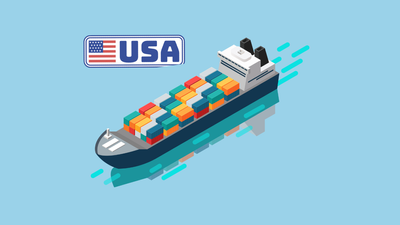Tariffs and TikTok Drama
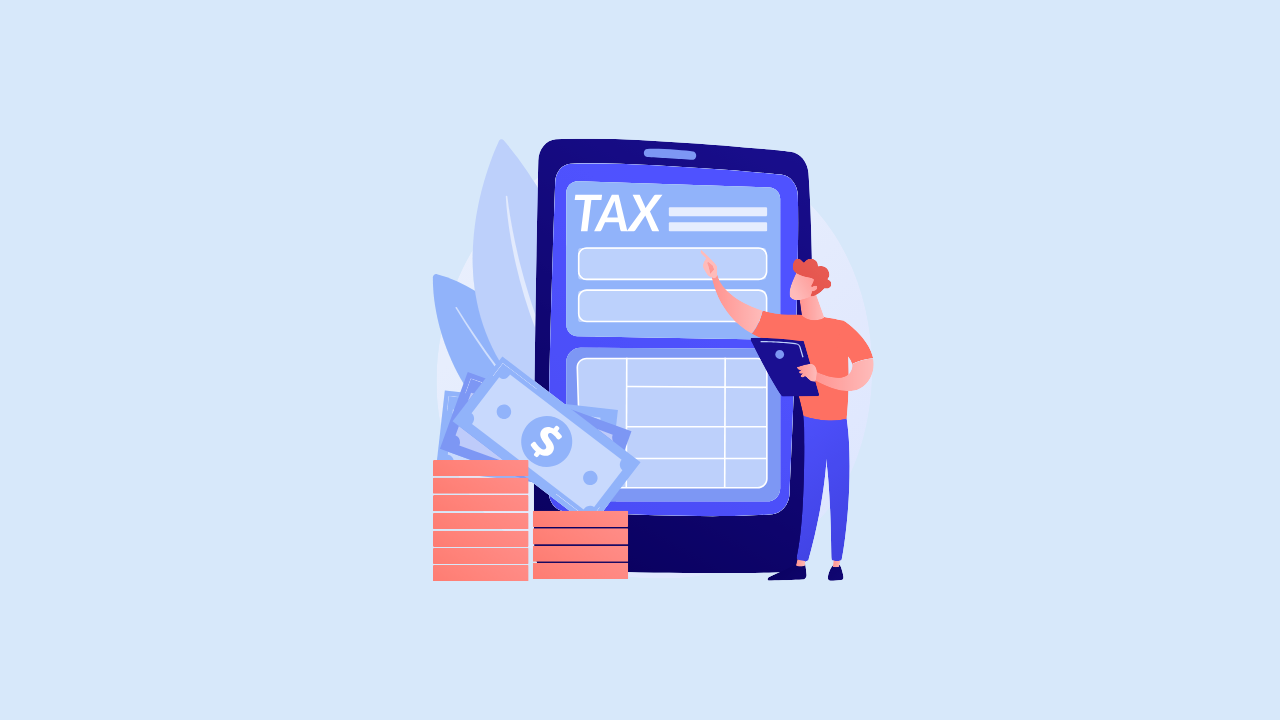
Hi ZipLawyer! Welcome to our Weekly Memo, covering all the stories you need to know in brief.
Trump Trade War Update
Here's a quick recap if, like us, you're struggling to keep up with the mad world of tariffs.
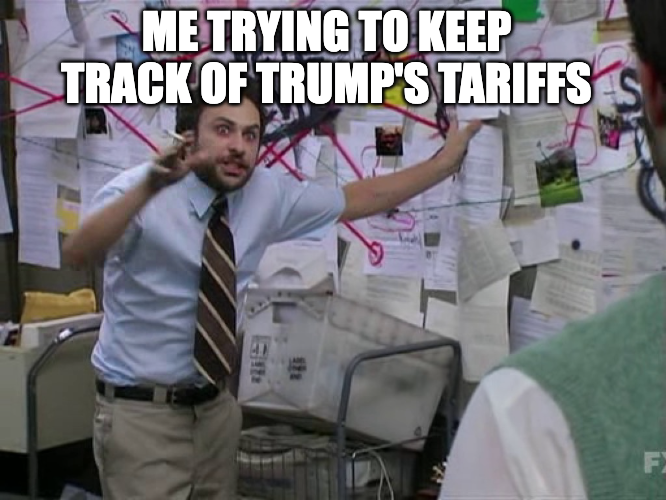
🇺🇸 What Trump Did
- After causing a market meltdown, Trump announced on 9 April a 90-day pause on his steep retaliatory tariffs — giving time for negotiations with “friendly” trade partners.
- A 10% base tariff still applies to most imports.
- Smartphones and consumer electronics were spared — a win for Big Tech, which feared heavy costs.
🇨🇳 What About China?
- China hit back with an 84% tariff on US goods.
- Now, both the US and China have 125% tariffs on each other’s imports.
- China says it won’t retaliate further — US goods are already too expensive to bother with.
🇪🇺 What’s the EU Doing?
- Trump hit the EU with a 20% reciprocal tariff, on top of the existing 10% base and other sector-specific tariffs (like on cars and steel).
- The EU planned countermeasures worth €20bn, but paused them for 90 days following Trump’s move.
- Still, if no deal is made, these countermeasures will go ahead.
- The EU may also target US digital services next — an area Trump hasn’t touched (yet).
FTC v Meta
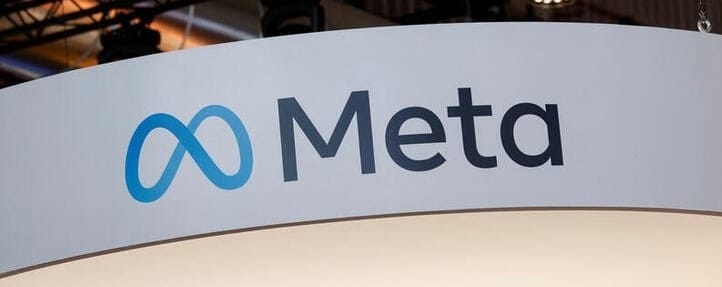
FTC’s antitrust trial against Meta is set to begin in the US federal court on 14th April 2025. The market is eager to see the new FTC Chair, Andrew Ferguson’s stance on antitrust practices under Trump’s pro-business administration. The FTC is accusing Meta of anti-competitive acquisitions of WhatsApp and Instagram; thus, an adverse ruling could mean a breakup of the Company. FTC also submits that Meta has a ‘buy or bury’ strategy to thwart competition which involves either buying its competitors or eliminating them from the market through other measures. If a settlement is not reached, Mark Zuckerberg will also be taking the witness stand.
Freshfields Fights Trump in Court

Perkins Coie is one of the few American firms that have chosen to contest Donald Trump’s executive order against them in court. Munger, Tolles & Olson has prepared a brief to support Perkins’ lawsuit which has been signed by more than 500 firms – albeit all small or medium-sized. Freshfields is the only top 20 law firm to have signed the suit. The case is ongoing, but Perkins has received a restraining order against the order for the duration of the legal proceedings, which ultimately seeks a permanent injunction. Prominent law firms like Paul Weiss, Skadden, and Milbank have reached settlements with the Trump administration.
Troubles in Vehicle Supply Chains
British car manufacturer, Jaguar Land Rover has stopped all US shipments for a month to prepare an action plan in light of the 25 per cent US tariff on cars. The UK has also relaxed its EV targets by lowering the fines to support the industry. Japanese carmaker, Nissan, has also announced plans to stop selling two car models built in Mexico to the US and shift a couple of plants from Kyushu in Japan to Smyrna in Tennessee.
Coffee Crisis Brews in the US
Americans are staring down a caffeine-fuelled cost surge, with retail coffee prices forecast to jump by 30% in 2025 — a record high. The culprit? Soaring bean prices, poor harvests in Brazil and Vietnam, Red Sea shipping chaos, and now Trump’s new 10% import tariff. Since the US imports nearly all its coffee, businesses like Wonderstate Coffee say they’re being hit hard. Even after Trump reversed some tariffs, costs remain painfully high — turning every morning brew into a more expensive habit. As one analyst put it: “Coffee has never been more expensive, ever.”
Big Investors Favour UK Over US Bonds
Top global investors like BlackRock, Vanguard, and Phoenix Group are piling into UK government bonds (gilts), ditching US Treasuries as Trump’s trade war rattles markets. With US debt nearing $36 trillion and new tariffs causing long-term damage, fund managers now see Britain as a safer bet. Even with economic headwinds and memories of the Truss-era turmoil, gilts look attractive thanks to investor-friendly moves by the Bank of England and the UK’s Debt Management Office. As one manager put it: the US is no longer the world’s “safe haven.”
Oil Dips, Recession Fears Rise
Oil prices tumbled to their lowest level in four years as recession fears took hold. Brent crude fell below $60 a barrel, having started the year at $75, before recovering slightly. Falling prices reflect expectations of weak demand across major economies. In response, India’s central bank cut its benchmark interest rate to 6% and signalled more could come. For lawyers, low oil prices can trigger everything from energy contract disputes to restructuring advisory work. It also puts pressure on oil-dependent economies, raising the risk of sovereign default and legal upheaval in the energy, infrastructure, and financial sectors.
Big Pharma Feels the Heat
Pharmaceutical stocks took a hit after Trump suggested the industry could be next in line for tariffs—though they weren’t included in his current measures. European and Indian drugmakers were particularly affected, as the US is a key market for generic drugs. About one-third of India’s generics exports go to America. The market read Trump’s hint as a real threat, leading to sharp sell-offs. If tariffs do hit pharma, expect disruption across supply chains and regulatory compliance headaches. Lawyers advising on IP, life sciences, and trade will be watching closely—especially as clients prepare for potential levies and cross-border barriers.
TikTok Drama Drags On

Trump granted another 75-day reprieve to avoid banning TikTok, citing ongoing attempts to broker a deal. He claimed the agreement was close, but collapsed due to China’s anger over tariffs. Trump insisted that removing duties would’ve sealed the deal “in 15 minutes”—a not-so-subtle flex about his tariff strategy. For lawyers, this saga blends tech, trade, and national security. It raises questions about data localisation, cross-border M&A, and executive overreach. Whether TikTok stays or goes, the precedent matters: tech companies operating internationally must now plan for regulatory curveballs not just from China, but also from Washington.
We Are Also Keeping An Eye On…
- Upgraded Copilot will have memory: Microsoft has announced that updates on its AI model Copilot will enable it to develop memory and remember personalised details about its users like birthdays.
- Trump’s Next Target – Students: the US Department of Homeland Security and Department of State have revoked more than 500 student visas for reasons like affiliations, activism and traffic violations. Targeting students will be required to leave the US and reapply for visas.
- IPOs Put On Hold: Fintech company Klarna and MedTech company Medline, among others, are taking their IPO process slower in the context of Trump tariff measures leading to market volatility.
🙋 Did you find this helpful? If so, please let us know by voting below!

